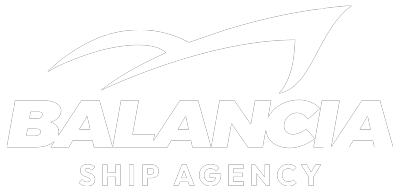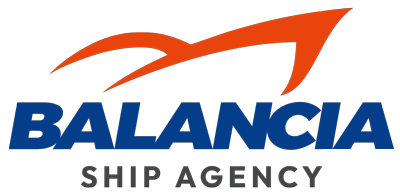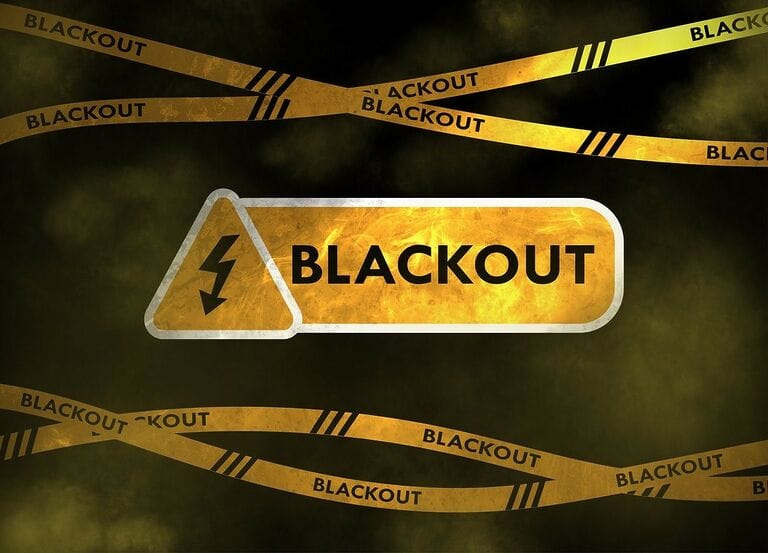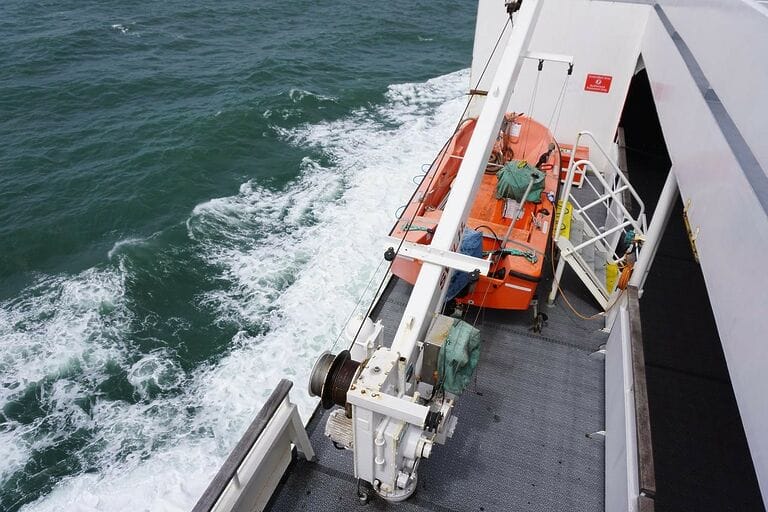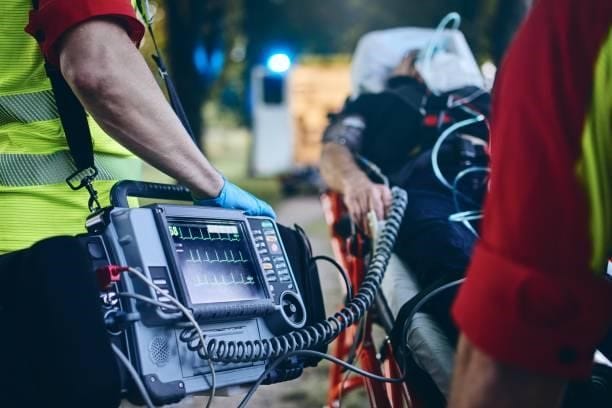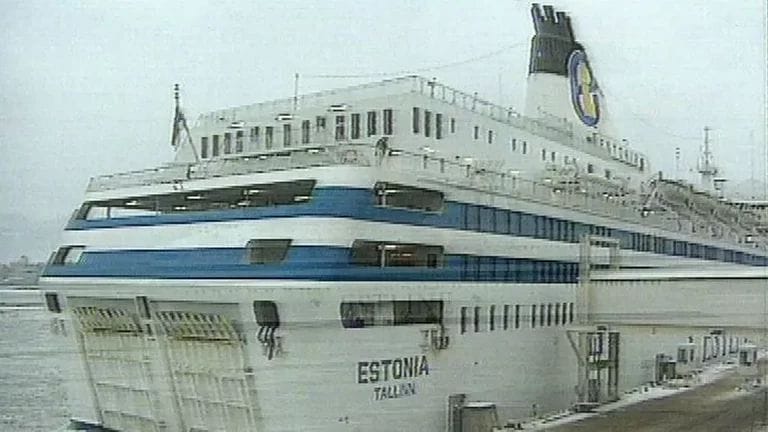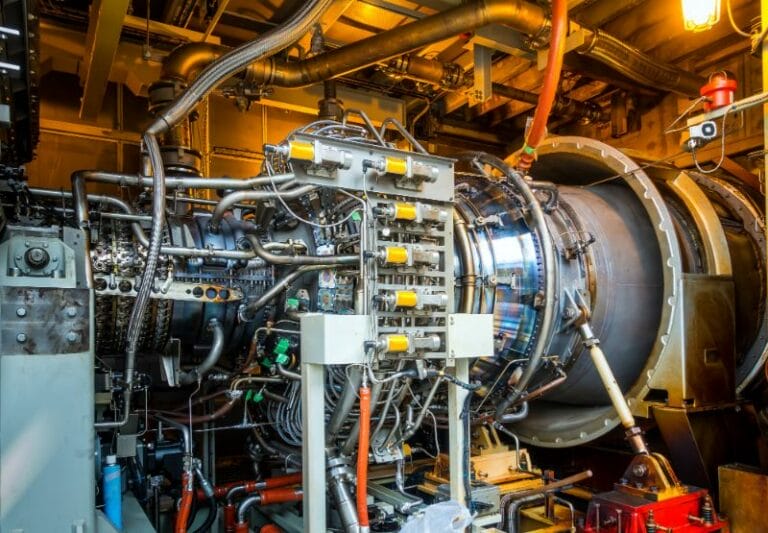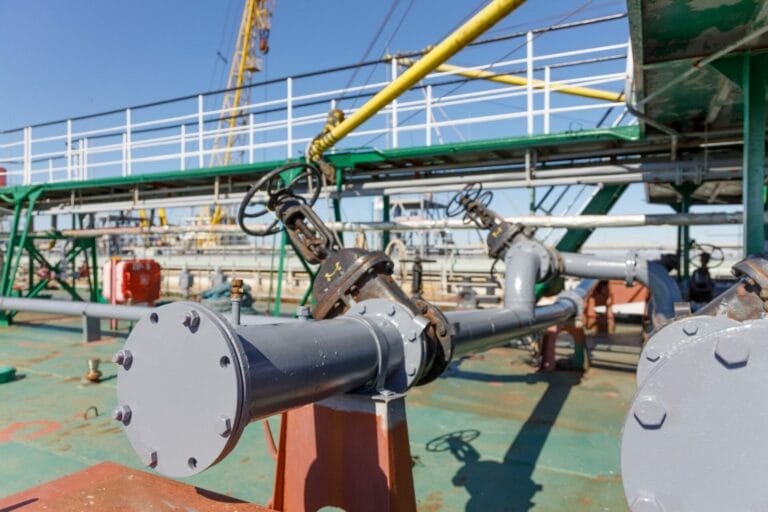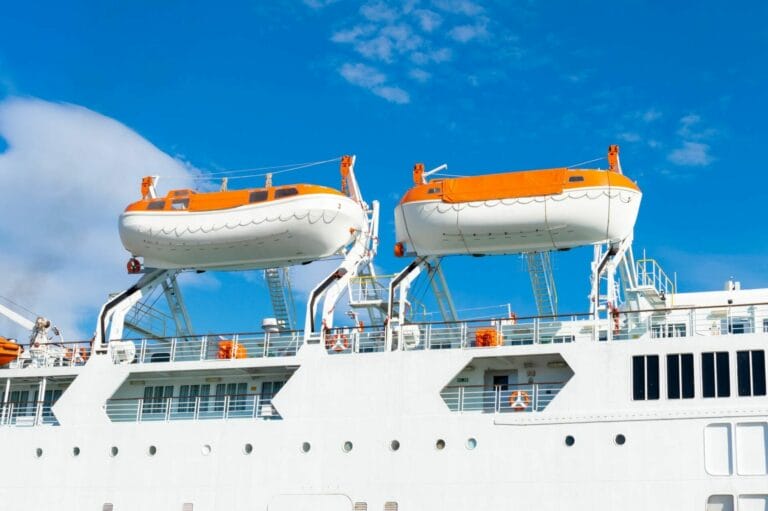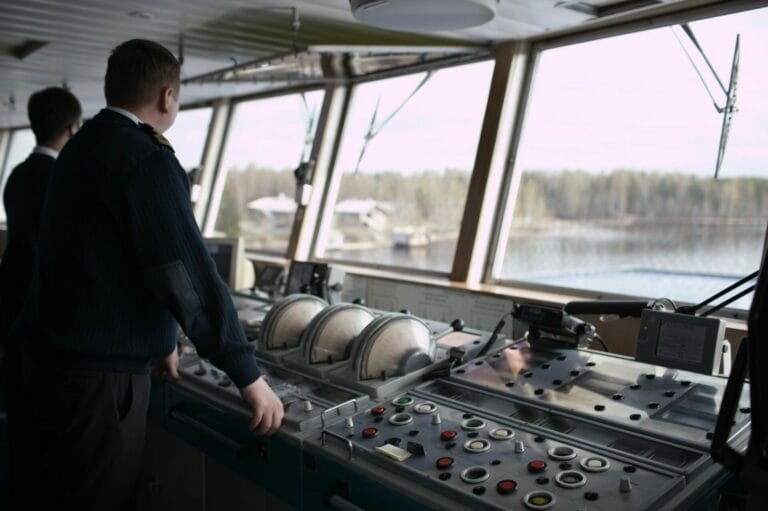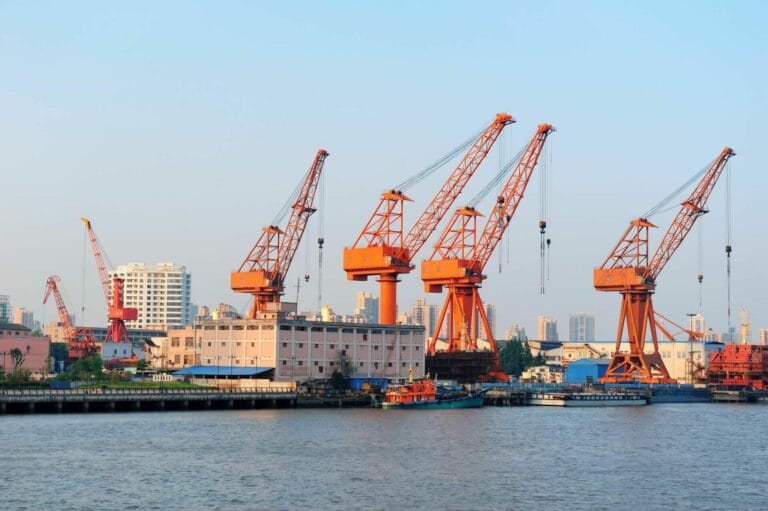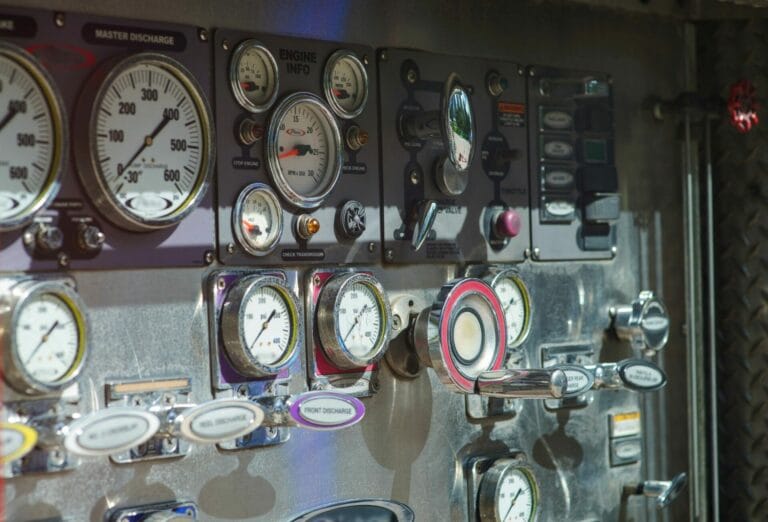Out of Power: Addressing Electrical and Power Supply Issues on Vessel
Electricity is the vital force that energizes key systems on vessels, crucial for navigation, communication, lighting, and climate control. The absence of a reliable power source could halt maritime activities, endangering vessel safety, efficiency, and functionality. Yet, this reliance on electricity brings inherent risks, as power failures can trigger critical system malfunctions, communication breakdowns, and…
